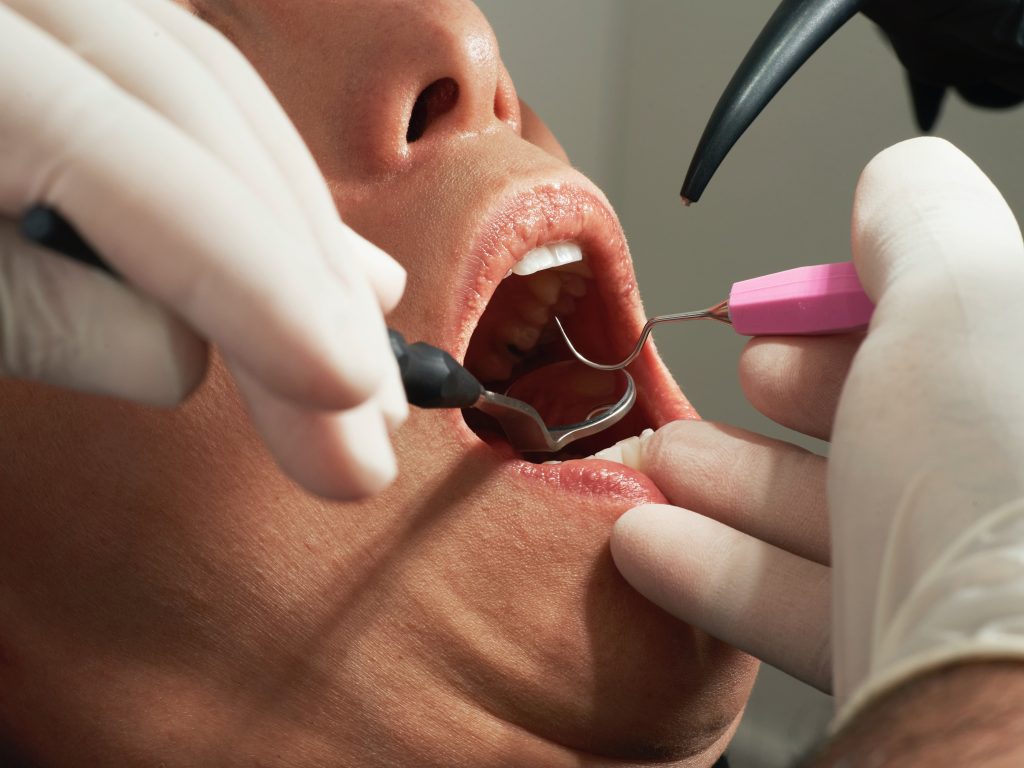Good oral health is not just about having a dazzling smile and the confidence that goes with it, it is also an important indicator of health in general. This guide explores how and why people can protect their teeth and gums, including care at home and regular visits to the dentist in Dublin.
Care at home
Taking good care of the teeth and gums at home means that a person is much less likely to suffer from a range of dental issues. The first step is brushing. This should be done using a medium bristled brush in conjunction with fluoride toothpaste. Brushing should take two minutes. If in any doubt, using a clock or timer can help to ensure that the full two minutes is taken.
Many people use mouthwash after brushing, but this is a mistake. The idea is to ensure that the toothpaste and the fluoride is left to sit on the teeth, helping to protect and strengthen them. Mouthwash washes this away and negates some of the benefit of brushing. If using mouthwash, it is best to employ it as a rinse between teeth brushing.
Flossing should ideally take place before bed, as leaving food debris and plaque on the teeth overnight can be especially damaging. If unsure about how best to floss, it is a good idea to consult with the dentist in Dublin to learn a good technique.
Dental check-ups

Regular dental check-ups are vital for maintaining good oral health. The dentist can identify things that the patient has not noticed, or which have not yet caused any pain or discomfort. This means that they can nip any issues in the bud before they become problematic, saving the patient time, money and difficulty.
Check-ups involve monitoring for more serious conditions, such as oral cancer. If the dentist identifies oral cancer in the earliest stages, then it is much easier to treat and has a greater success rate too.
Visiting the dentist also offers an opportunity to get what is known as the scale and polish. This involves a very thorough clean that gets rid of any debris or plaque build-up. It leaves the mouth feeling super clean and refreshed, and often reduces staining and yellowing too.
Why does oral health matter?
If a person does not take good care of their oral health, then they are likely to suffer more cavities, bad breath and even gum disease. These issues can cause discomfort, embarrassment and even social withdrawal. Fortunately, most people find that it is never too late to establish a good brushing and flossing routine at home and to start seeing the dentist for check-ups once or twice a year.
Poor oral health often results in a loss of general health. There have been studies that link gum disease with dementia, a condition that can be debilitating and life-shortening. Inflammation in the mouth can also increase the risk of having a heart attack or a stroke. There is also some evidence that unhealthy gums that are left untreated can cause arthritis, a condition which can dramatically impact a person’s quality of life.

